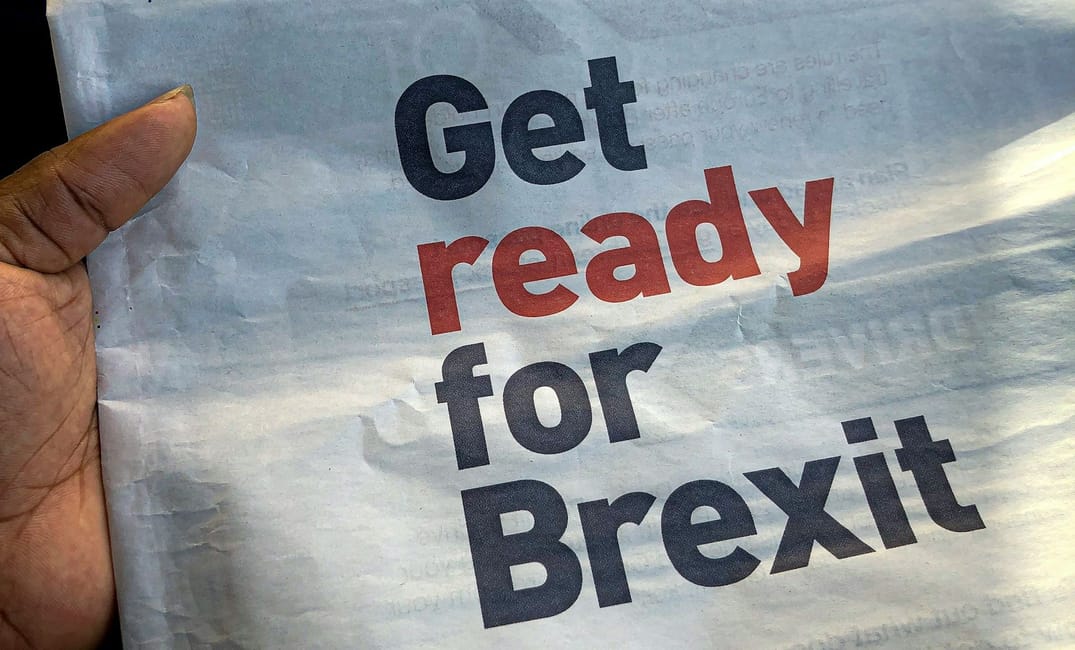Oliver Pridmore
Naked Politics Blogger
What a boring time it is for us political junkies. The Sunday morning television schedules are a barren wasteland, as are the daily papers, with nothing left to tide us through till September other than silly pictures of politicians on holiday trying to look normal by indulging in mundane activities such as eating ice cream, getting wet and, if The Sun’s report on Theresa May’s holiday last year is to be believed, standing up on bar tables and singing the national anthem – maybe not so normal then.
But all the snaps of beaches in the heat wave that have filled the screens and pages throughout recent weeks give us a timely reminder of something that should never escape our attention – the sea.
A piece in an issue of The Economist last year pointed to three reasons for why the mass public are disinterested in saving the sea. One of the problems it set out was the issue of governance.
“Without defined property rights or a community invested in their upkeep, the interests of individual actors in exploiting such areas win out over the collective interest in husbanding them.”
In simpler terms, without anyone technically in charge of the waters, why should anyone be concerned about looking after them? In economics circles, this concept is referred to as ‘the tragedy of the commons’…
Here, it seems Brexit may offer a solution. Both in their 2017 election manifesto (page 27) and in their most recent white paper (page 1), the Government has committed to leaving the Common Fisheries Policy.
As the European Commission sets out when explaining the legislation, the Common Fisheries Policy “gives all European fishing fleets equal access to EU waters.”
By leaving this policy, therefore, we’ll be taking back control of our waters, thus surely offering a solution to the problem of governance?
After all, given that there are no longer 27 other parties to blame for plastic pollution in our waters, we will now take a renewed responsibility in tackling the crisis?
Nevertheless, although there would no longer be 27 other parties to blame, there would still be one left: the UK Government. So we, the people, would still have a body to transfer blame onto in justifying our lack of interest in the problem. For a solution to this, we can turn to Indonesia.
The Guardian recently reported that the country’s Maritime Affairs Minister has come up with a plan to distribute “boatloads of free goggles to children” in an effort to try and make them “fully appreciate their marine environment.”
With a funding crisis in seemingly every area of UK governance – compounded this week by the scandal surrounding Northamptonshire County Council, involving “radical service reductions” – I’m not advocating the offering of surfboards and snorkels on prescription.
However, the Government could take a bold stance by insisting that the sea isn’t just the responsibility of the state; it’s the responsibility of everyone!
The Environment Secretary, Michael Gove, has been bold so far in telling companies to tackle plastic pollution, most recently with the sports industry, but now he must take his boldest move yet and tell it to the masses.
Higher up the chain, the Prime Minister must do the same. But, in an age in which she can’t persuade her own cabinet ministers to tow the line on Brexit, persuading the public to take their share of the responsibility for a gargantuan expanse of water may be a little too much to ask.
Roll on September…

